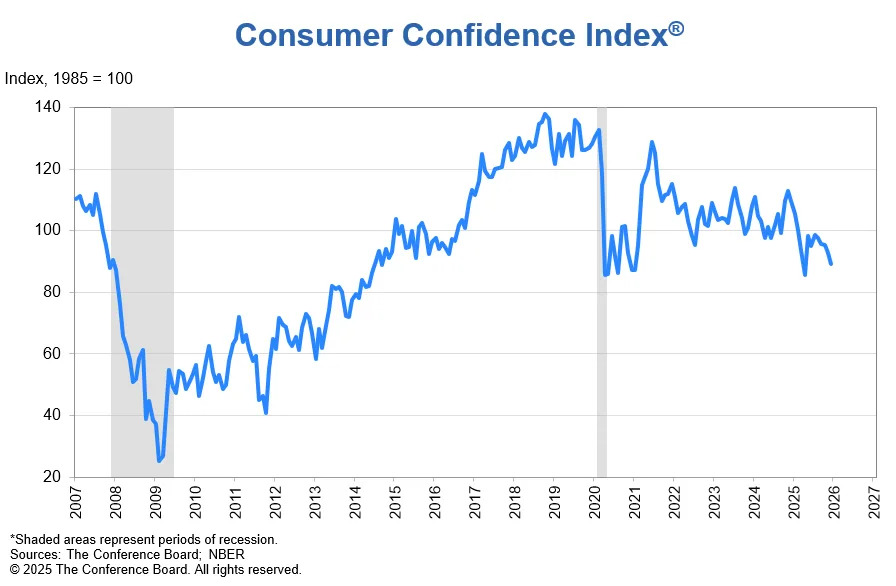
Money moves retirees can make now to reduce next year's taxes
Key Points
- Retirement accounts management in April affects next year's tax bill.
- RMDs are based on the account balance at the end of the previous year, regardless of current market conditions.
- Roth conversions can be beneficial if tax rates increase in the future.
- Qualified charitable distributions (QCDs) can reduce taxable income.
Summary
Retirees need to be proactive in managing their tax liabilities, especially with the complexities of various retirement accounts like 401(k)s, IRAs, and Roth IRAs. The article emphasizes that tax planning is a long-term strategy, not just a yearly task. For instance, the Required Minimum Distributions (RMDs) for 2024 are based on the account balance at the end of 2023, which could be significantly higher due to market gains, leading to larger taxable withdrawals. Ed Slott, a tax expert, advises that despite market volatility, RMDs must be taken based on the higher balance, but notes that current tax rates are relatively low, suggesting a potential advantage in taking distributions now. Additionally, the article discusses Roth conversions as a strategy to mitigate future tax increases, although it warns against trying to time the market. For charitable retirees, QCDs offer a way to reduce taxable income by donating directly from their IRA. Lastly, for those turning 73 in 2025, planning for RMDs is crucial as they will need to take their first distribution by April 1, 2026, potentially facing a double distribution in that year if not managed properly.
yahoo
April 20, 2025
Stocks


